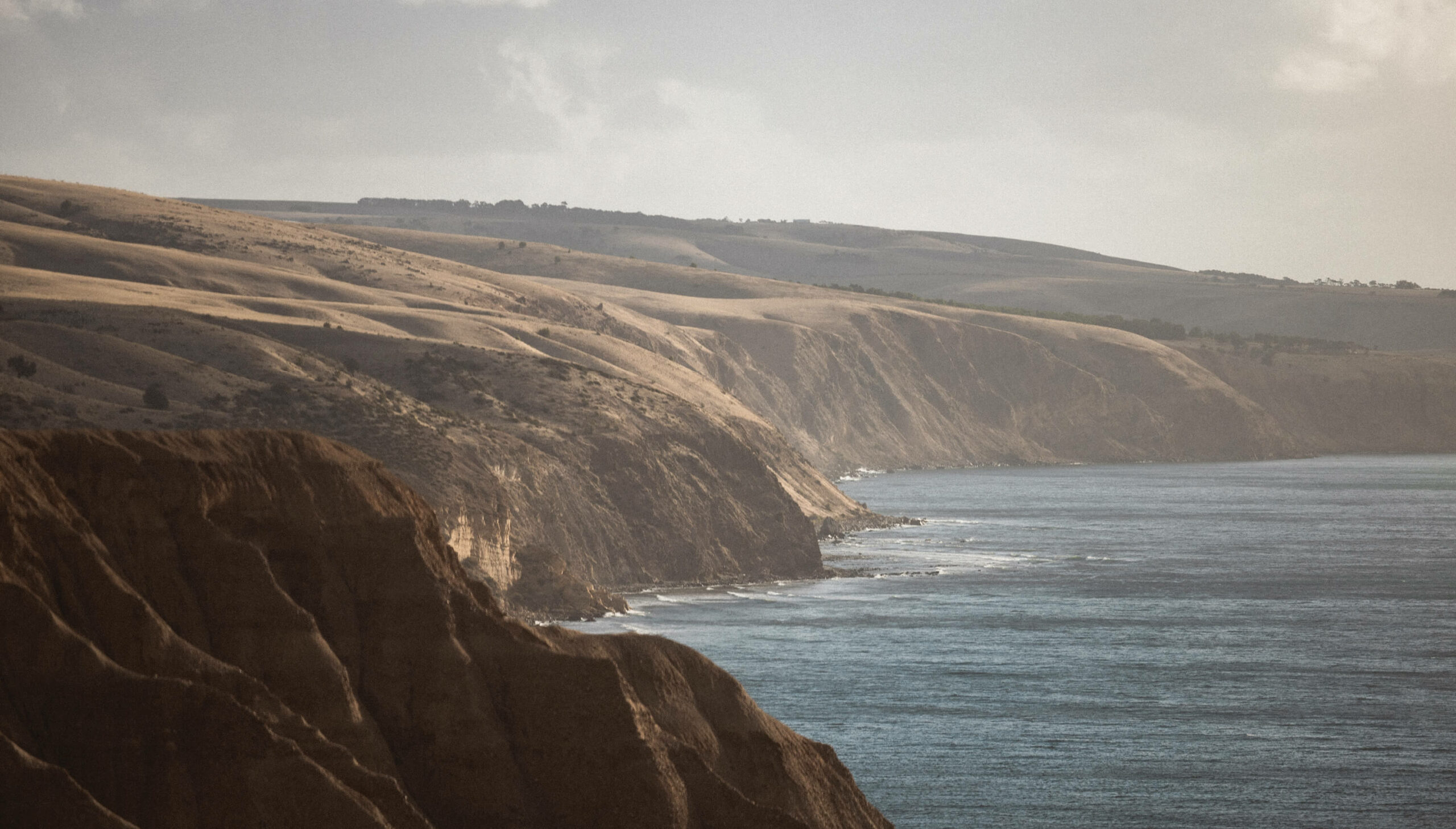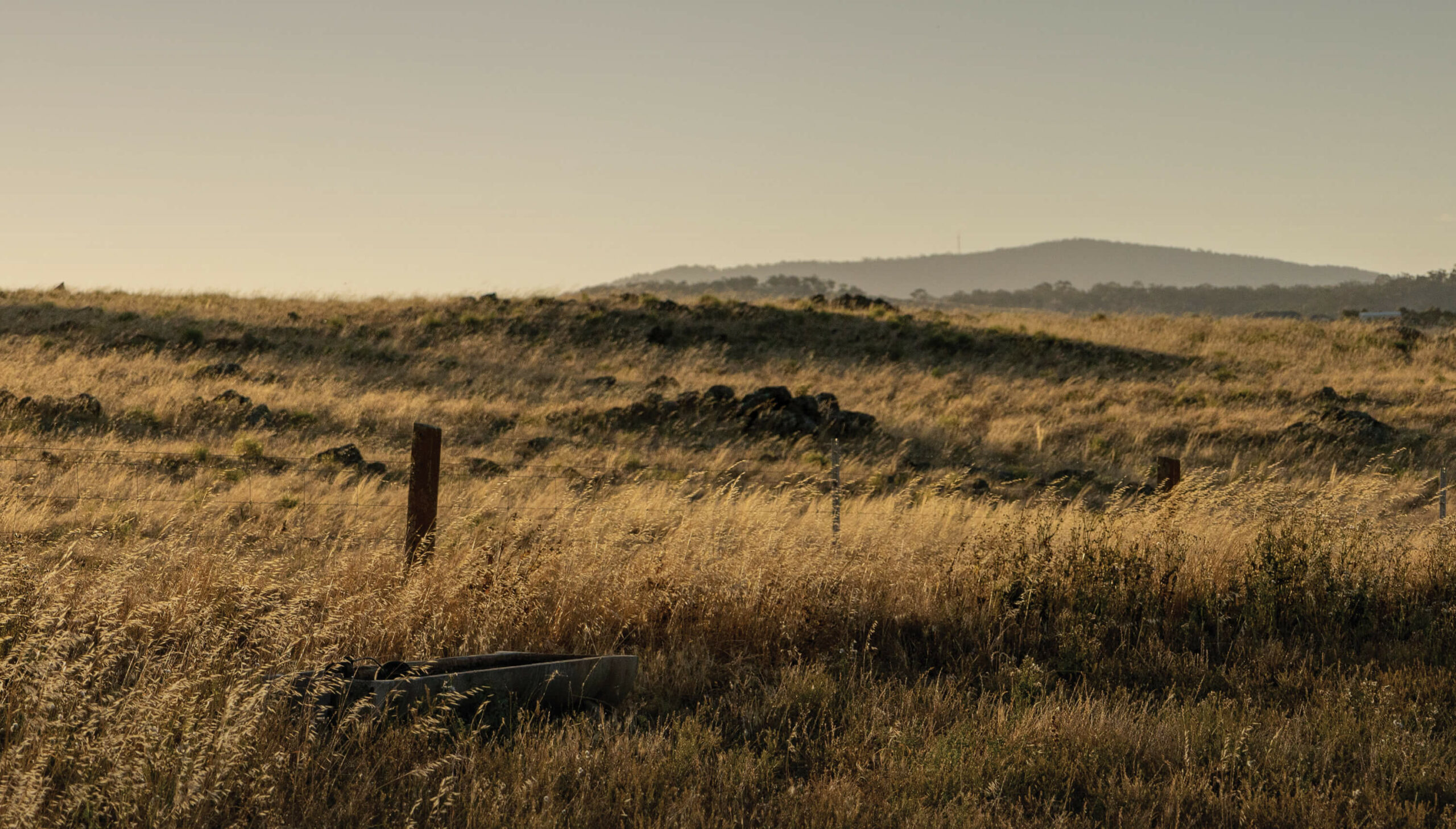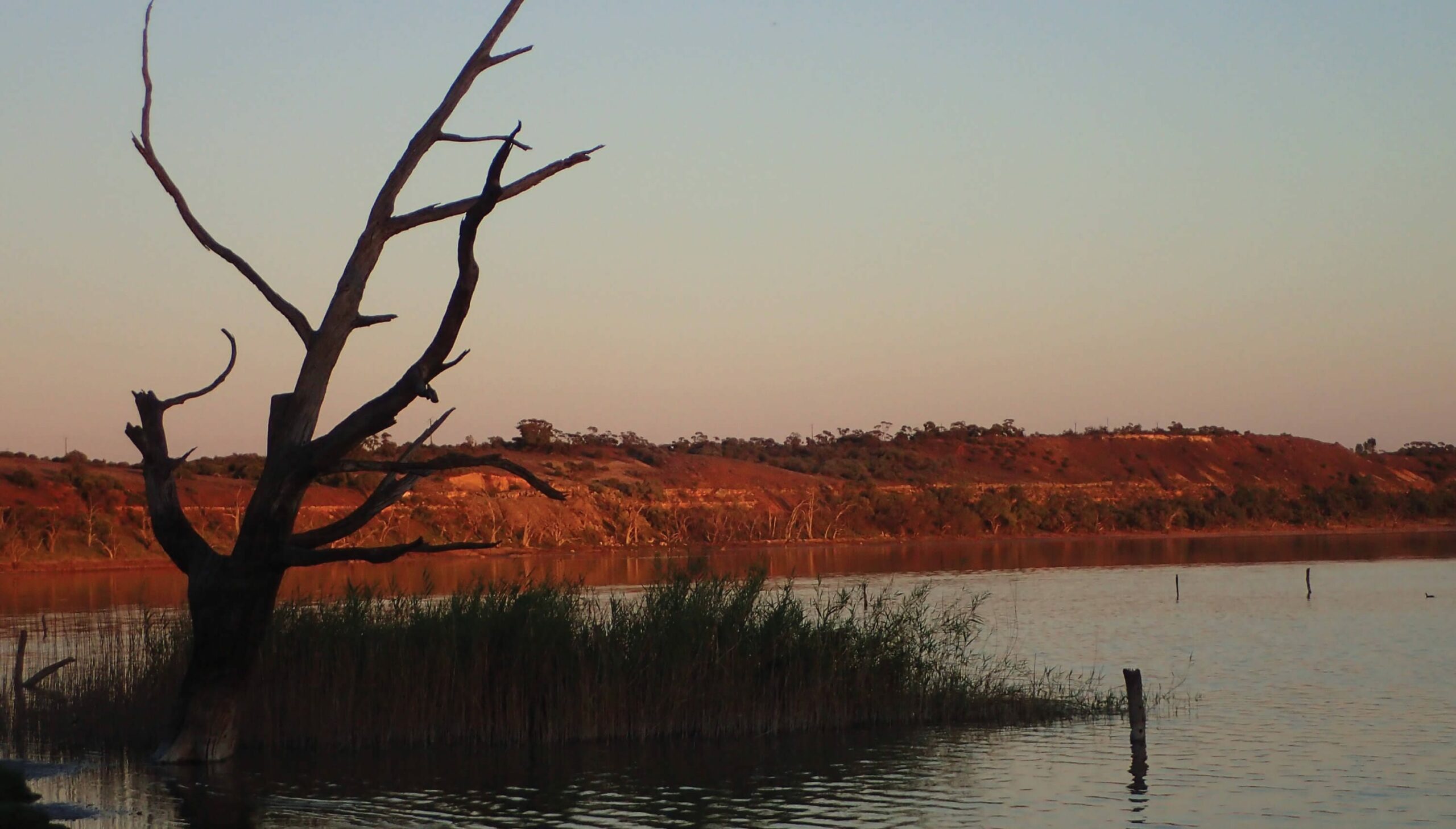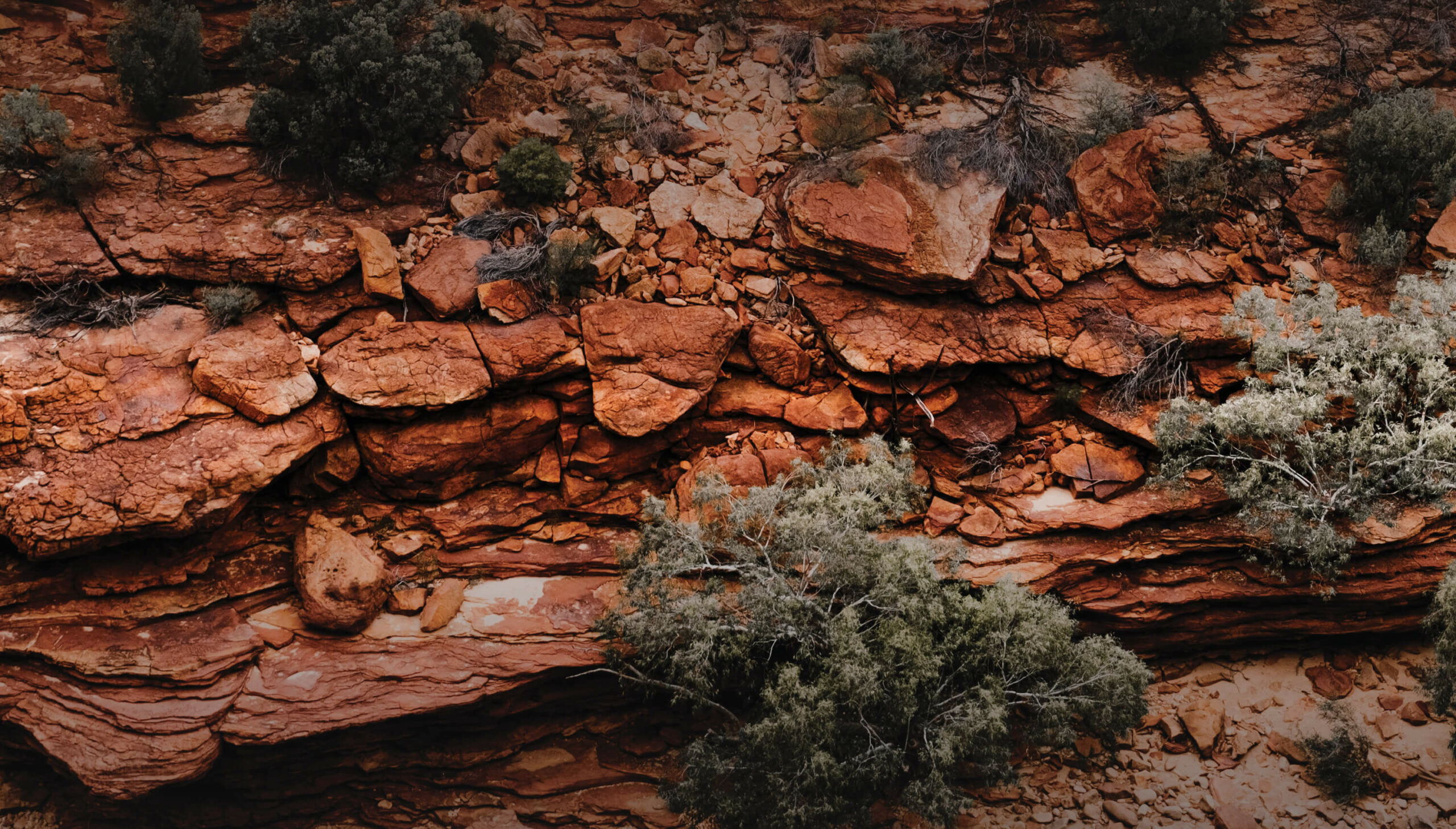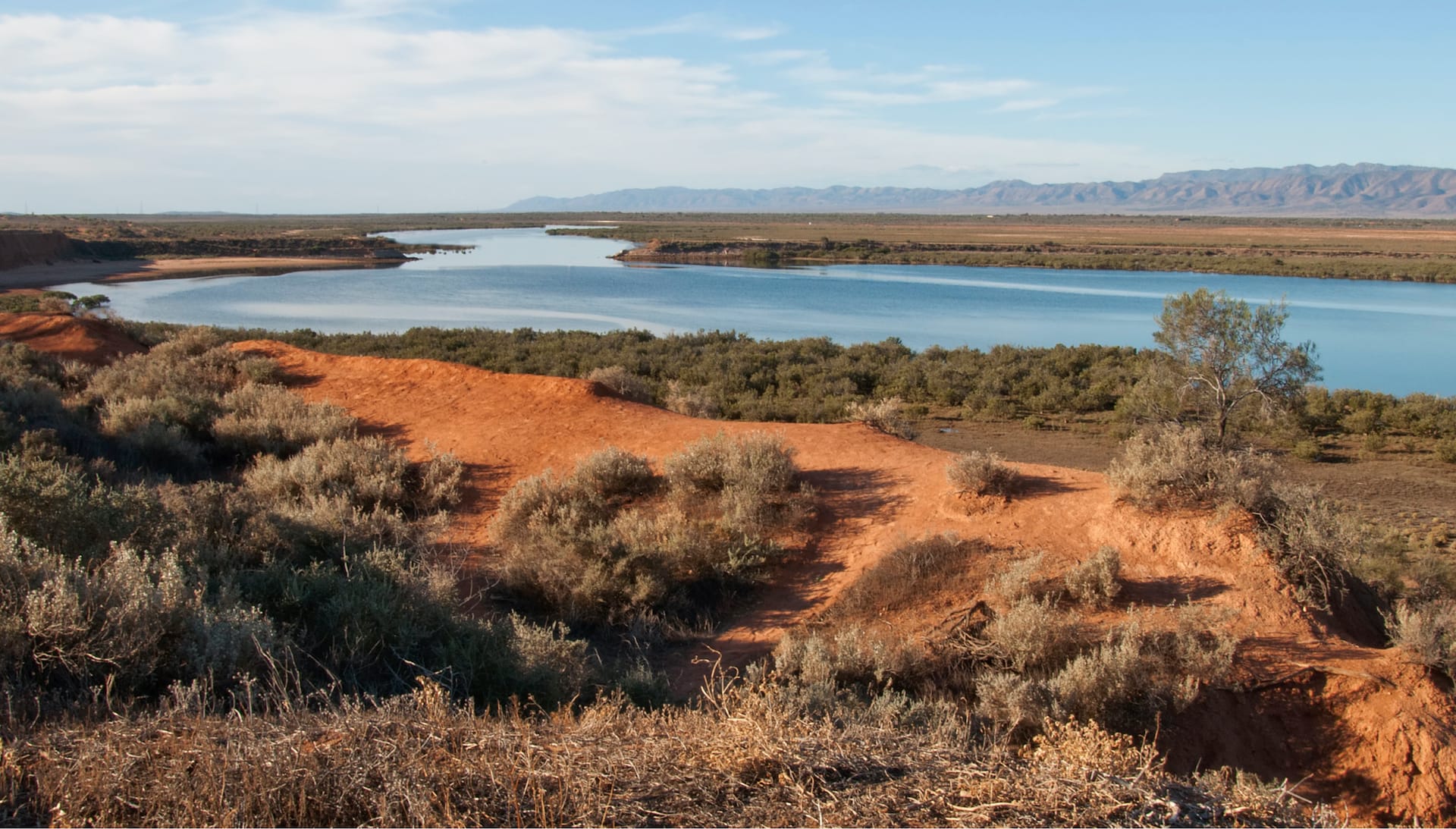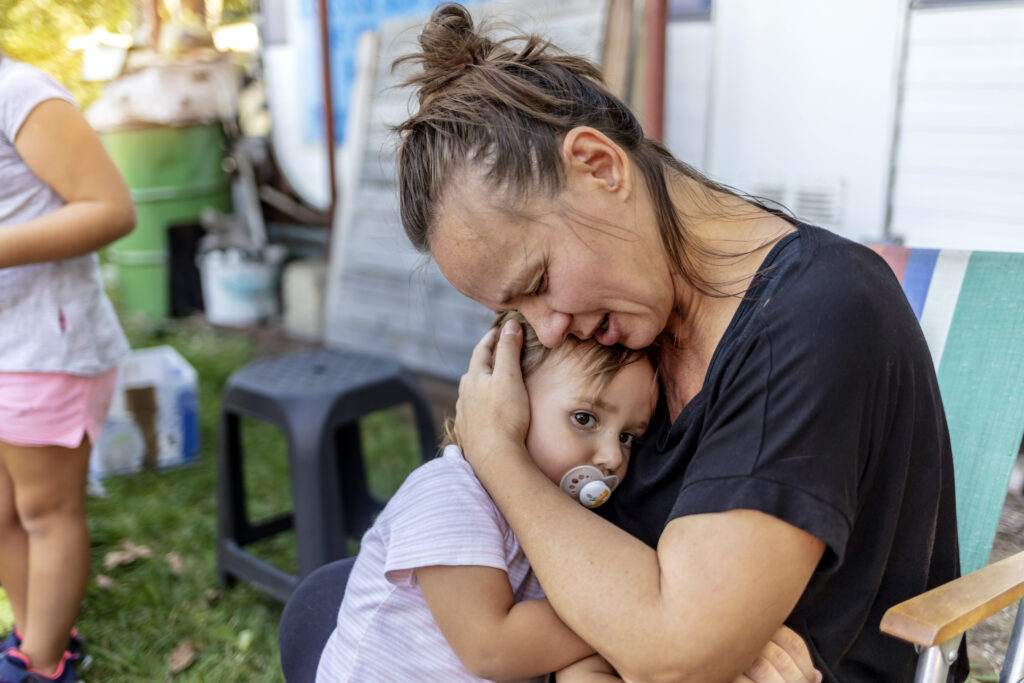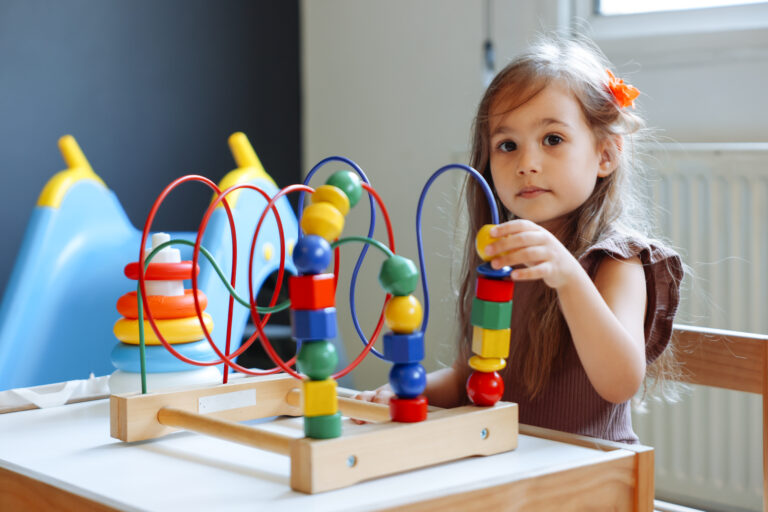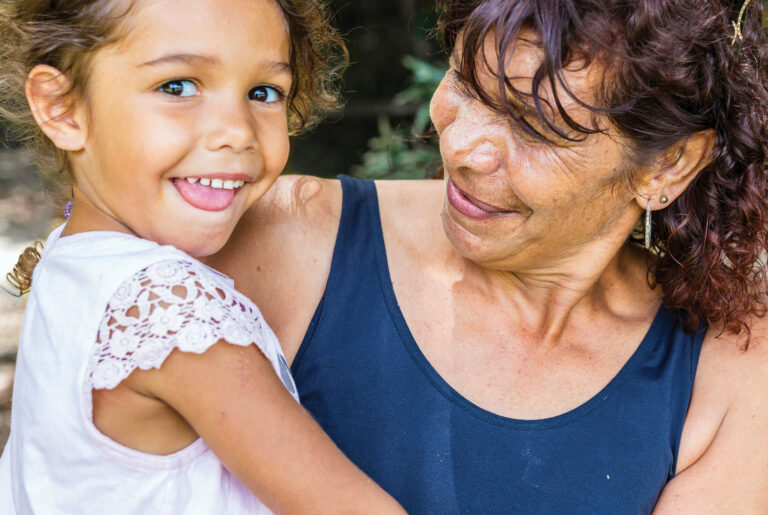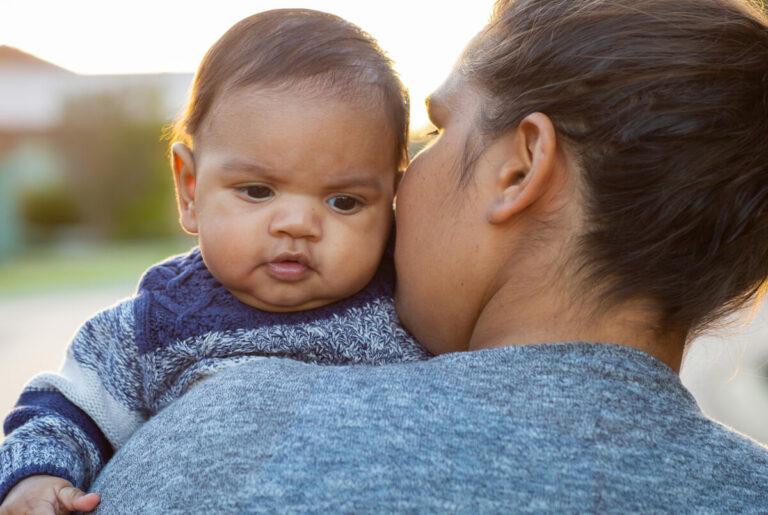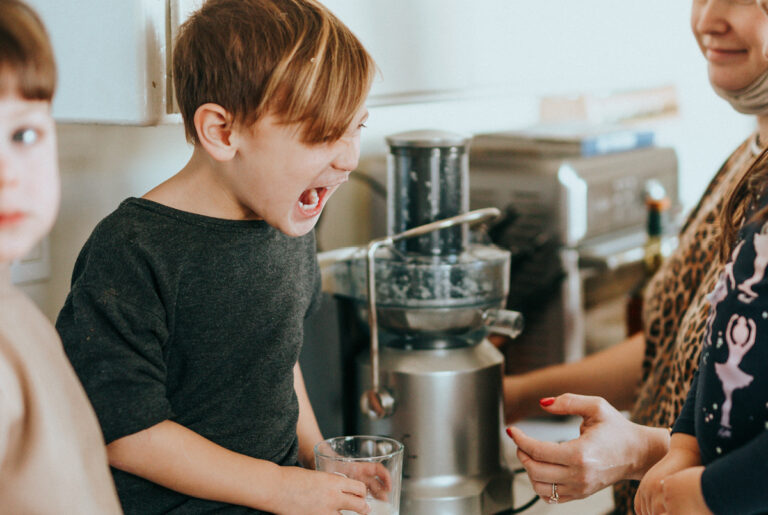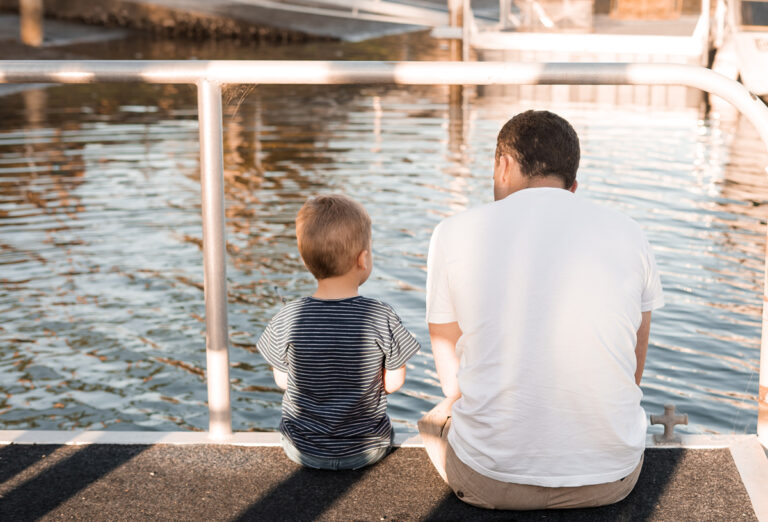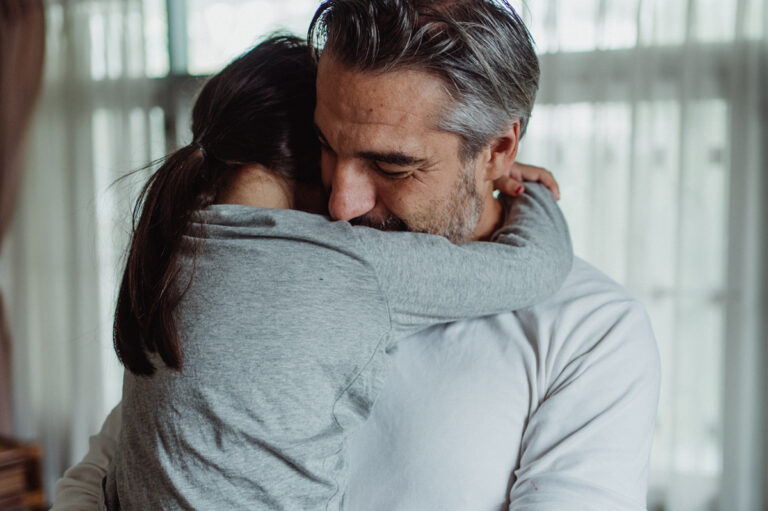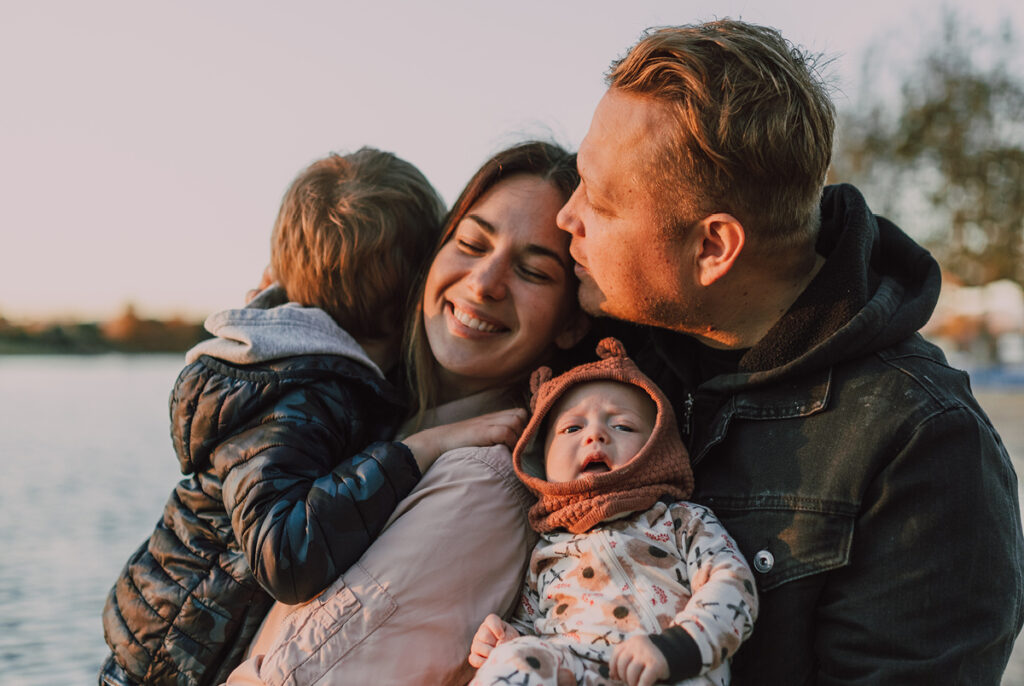Overview
Who It's For
We provide therapeutic support to children age 0-12 referred to us from professionals working within the homelessness and family domestic violence services. We also provide child focused training and resources for frontline workers to support children.
How We Help
We provide tailored therapeutic support to help children who are referred through services. This includes support to overcome trauma, regulate their emotions and self expression, manage transitions and build resilience.
What to Expect
Professionals within the sector can expect to work closely with T4K to support children. This includes a T4K therapeutic program for each child and can include training and resources for case managers providing child focussed support.
How We Help:
The Together4Kids Book Club Project
The Garden Group Therapeutic Program – Download
The Garden Dyad Program- Download
The Garden Weekly Journal- Download
If you would like to purchase hard copies of The Garden, The Garden Dyad or The Garden Weekly Journal please email us at t4k@rasa.org.au to arrange quantities and payment.
Conversations at the Kitchen Table – Manual- Download
Conversations at the Kitchen Table – Handbook- Download
This handbook accompanies the professional development training program Conversations at the Kitchen Table: Reflective Parenting Conversations for Front Line Workers.
Navigating the NDIS Process when Working with Children- Download
This is designed for case managers working with children (aged 0-18) within the homelessness and domestic violence sector. It has been produced by UniSA Occupational Therapy students, Lana Feichter and Hazel Paton, in collaboration with Relationships Australia SA.
T4K Professional Development Calendar – Download
Click here for more information about upcoming PD training.
Child Focused Practice – Download
Child Focused Practice is a free Professional Development course for frontline workers and those new to the sector.
Helpful External Resources
Emerging Minds
Emerging Minds have a wealth of resources, as well as on line courses to support your work with children. Their philosophy is that relationships play a central role in children’s social and emotional development and mental health. From the time of birth, children need stable and responsive attachments with caring adults.
Impact of Family Domestic Violence on Children
Play – A Mental Health Strategy
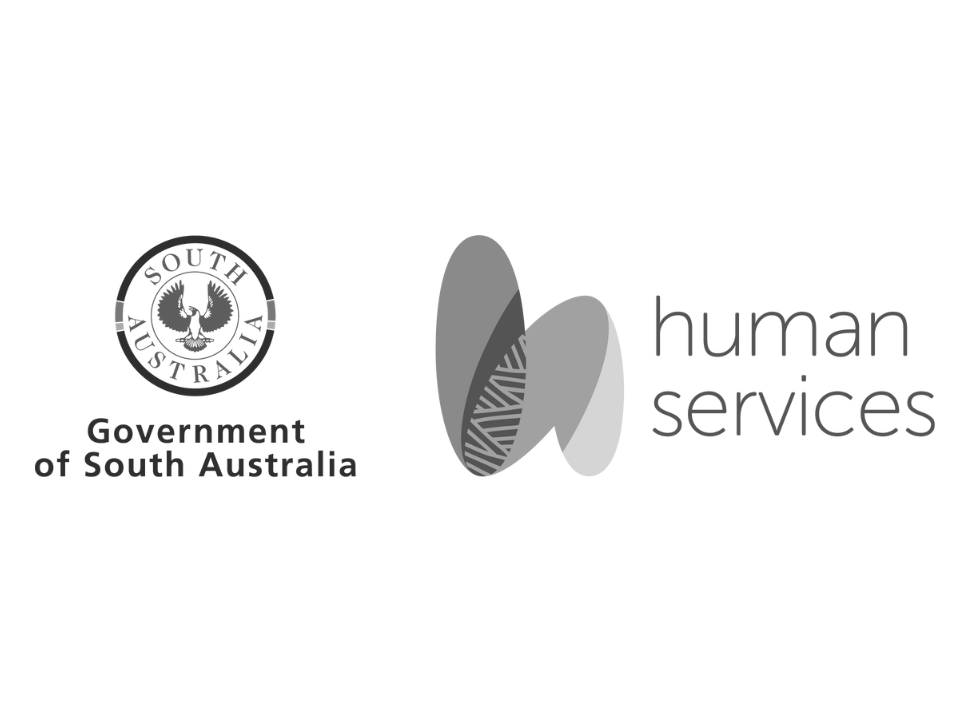
Funding Acknowledgement
Together4Kids is funded by the South Australian Government via Department of Human Services and the South Australian Housing Authority.
